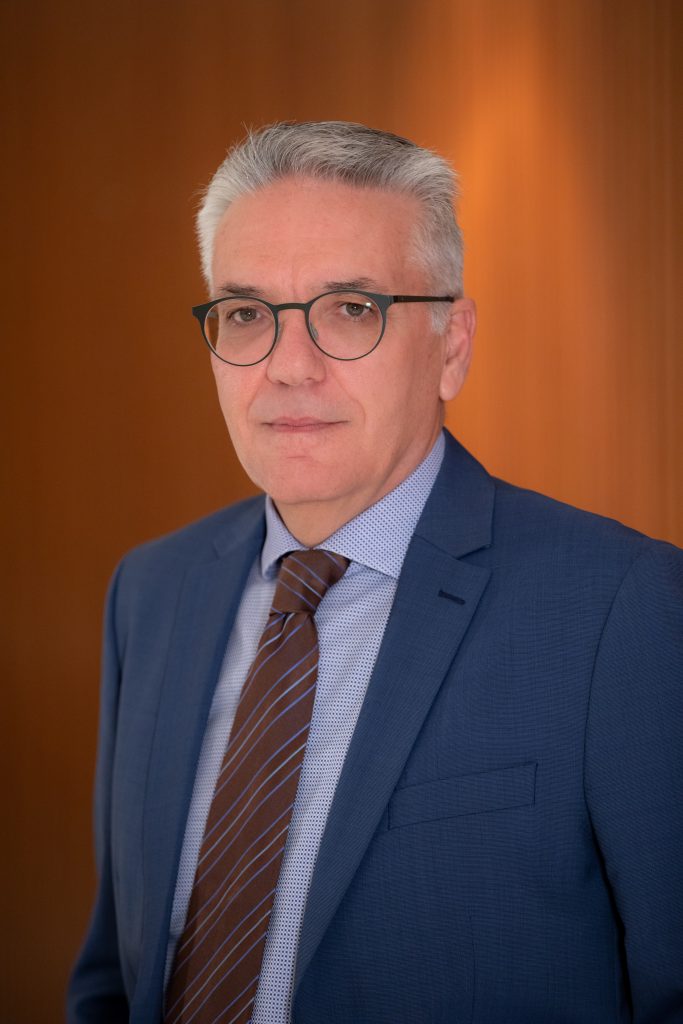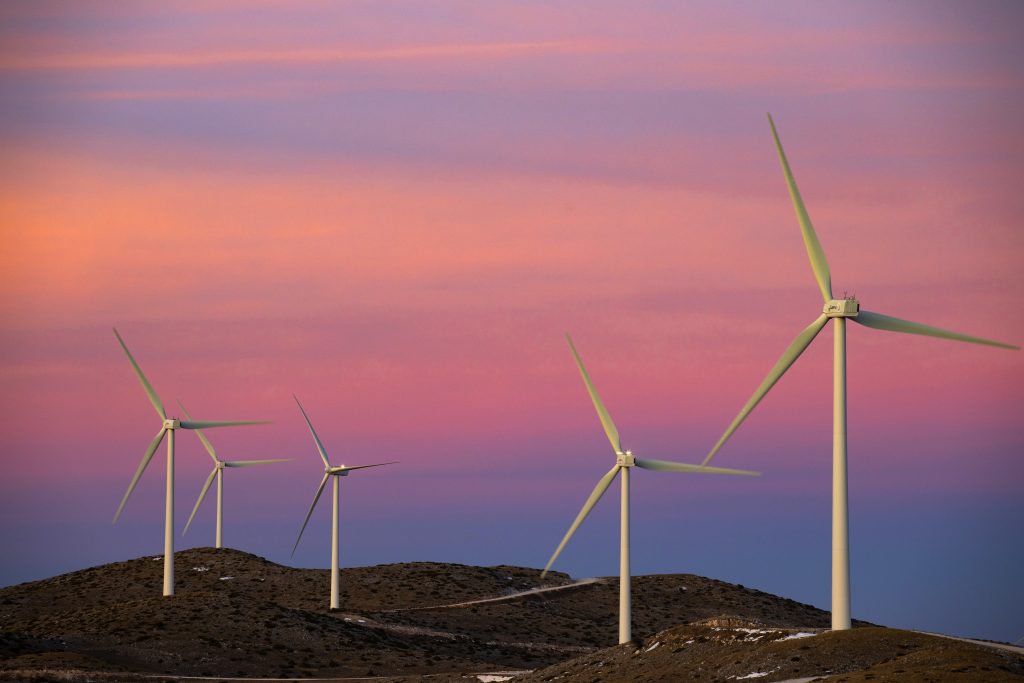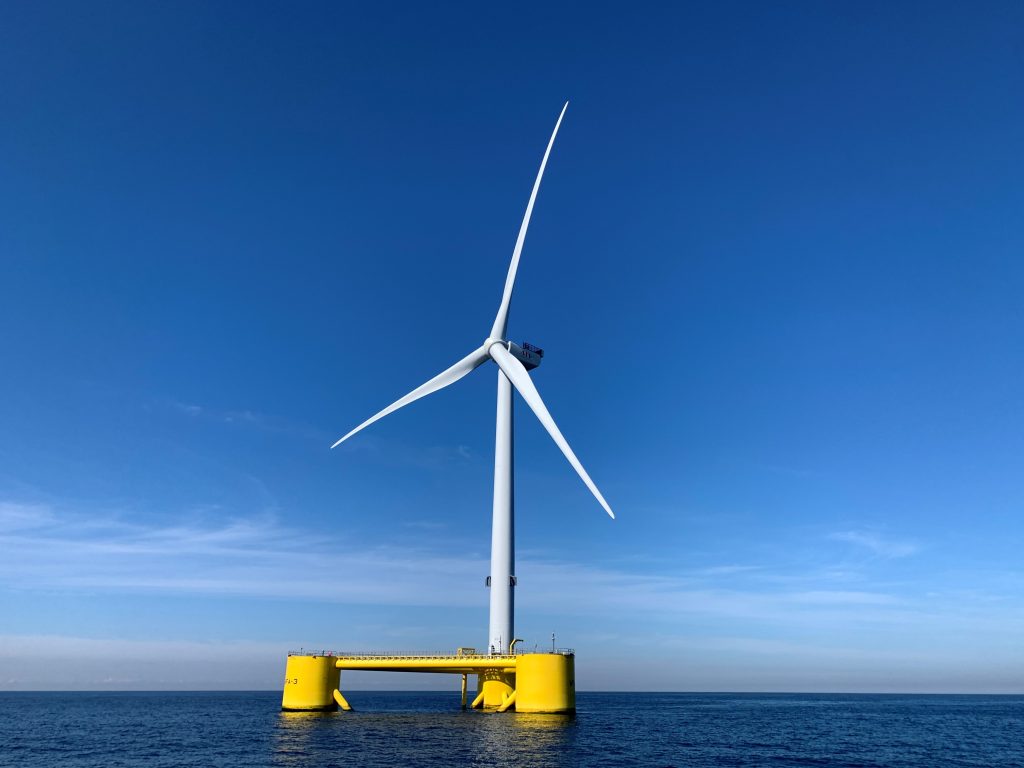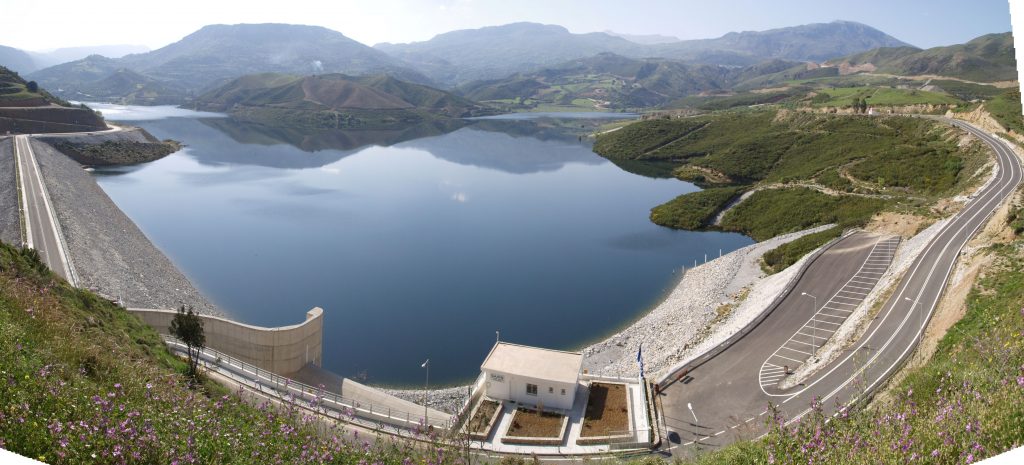Energy Market – Challenges of the New Year

Michalis Verroiopoulos, General Manager of Development, TERNA ENERGY S.A.
The challenges that the energy sector in our country will have to face in the current year are many, with several of them appearing to play a critical role for its sustainability, at least in the medium term. It is enough to consider and reflect on the environment of geopolitical turmoil, high energy prices, rising raw material and fuel costs, and ongoing supply chain disruptions.
For us and especially in the Renewable Energy and Storage sector, which we all expect to contribute to tackling climate change and gather the greatest investment interest, we can identify four major challenges for 2023:

– Great penetration of RES, but with a balanced power between the technologies that take advantage of the wind and solar potential of our country. This requires practical measures to be taken regarding, among others, issues of environmental licensing and performance of connection conditions.
– Decisive promotion of Hydroelectric and pumping saving Projects as of critical importance for energy security and networks.
– Accelerating the processes for the maturation of offshore wind projects.
– Rational and sustainable integration of chemical storage.
– A new and sustainable support scheme for the production of new green “fuels” such as Hydrogen and Biogas with investments in the respective infrastructures and opening of the natural gas market to these new fuels.
– Development of Networks and connections.

2. The completion and establishment of a coherent and in alignment with the Climate objectives, a Special Spatial Framework for RES, Storage and the infrastructures that support them.
The European Union, in its effort to support member states in their policies to wean themselves off fossil fuels, proposed the establishment of the famous “Go to Areas” in each country where the development of RES will be realised quickly based on previous environmental and social control. Our country is already moving towards this direction with the establishment of “first choice” areas. Planning these areas is quite a challenge itself.
The choice should be made with scientific credibility – without horizontal “blind” prohibitions, with the greatest transparency, participation and support of all stakeholders.
3. Simplifying the licensing of RES and Storage projects was a bet that won. However, it is not enough to provide a clear corridor for investments in such a short period of time as is required by the objectives set. Additional actions are required toward at least three directions. First of all, toward the “rationalization” of the entire licensing system (environmental – performance of connection conditions, etc.) based on the current experience, so that projects with guaranteed financial sufficiency, that have a safe plan for absorbing the produced energy from consumption and a visible and binding implementation time horizon, proceed and are rewarded.

Secondly, toward further strengthening with human and other resources the licensing mechanism of the state (centralized and decentralized) as well as the corresponding mechanisms of the Regulator and the Network Managers.
Third, by accelerating the preparation, adoption and implementation of a series of regulatory decisions, regulations, directives that are necessary not only for the operation of many projects / actions (e. g. Green pool, offshore wind farms, batteries, hybrids, green fuels, etc.) but more generally for the proper functioning of the market. The completion of this entire framework of normative and regulatory decisions – a titanic task from all perspectives – will offer the well-known and wanted investment security and lead to a clean investment corridor.
4. The electricity and natural gas markets are about to change. To what depth and in what direction it is something that will be decided in the wider context of the European Union, where they were organized at the beginning of the previous decade. In any case the fundamental principles on which this market was based have ceased to apply. Suffice it to say that the fact of huge quantities of cheap natural gas transported from Russia no longer exists. This combined with the decision to move away from lignite poses major challenges for our own market in terms of which measures are best for decarbonization while ensuring sustainable energy prices.
The answer to this question is, in our opinion, unequivocal. The Greek energy market can develop if it is based primarily on investments with strong and visible domestic added value. Greece is competitive where it has its respective advantages, first and foremost in its scientific potential, in its manufacturing potential, in its rich water potential, but also in Greek entrepreneurship.
The article is included in the worldenergynews.gr feature regarding the priorities and challenges posed in the Energy Market.